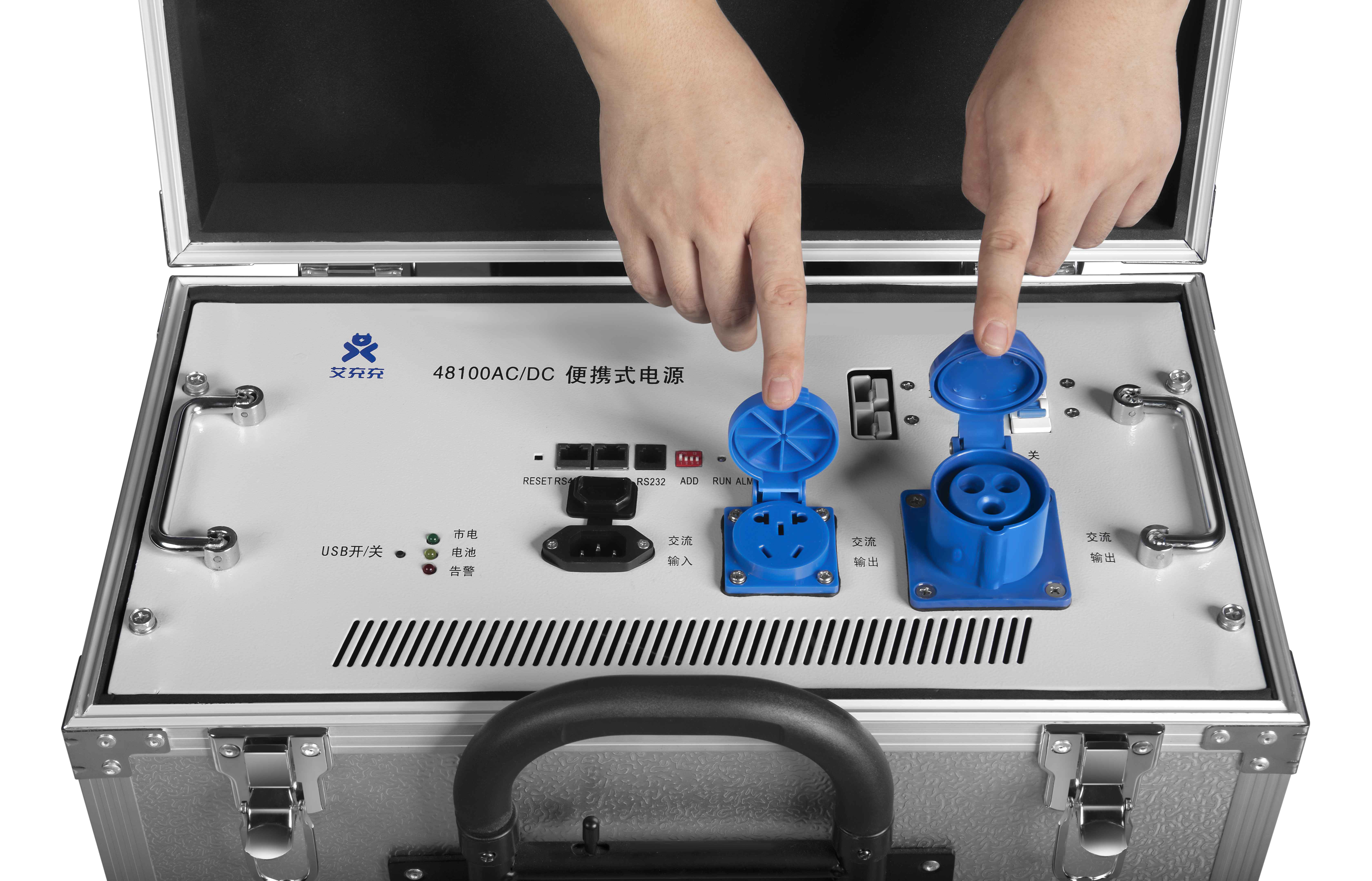
12 月 . 03, 2024 16:22 Back to list
Innovative Solutions for Efficient Battery Energy Storage Systems and Their Applications
The Future of Energy BESS and the Role of Battery Energy Storage Systems
In an era where renewable energy sources such as solar and wind are becoming increasingly significant, the need for efficient energy storage solutions has never been more critical. One of the most promising technologies in this domain is the Battery Energy Storage System (BESS). BESS plays a vital role in stabilizing and optimizing the electricity supply from renewable sources, addressing challenges posed by their intermittent nature, and enhancing grid reliability.
Understanding Battery Energy Storage Systems (BESS)
A Battery Energy Storage System primarily consists of batteries and an integrated control system. These systems store excess energy produced by renewable resources during peak generation times and discharge it during periods of low generation or high demand. BESS can be installed at various scales, from small residential units to large grid-scale facilities.
BESS technology primarily involves lithium-ion batteries, though other chemistries such as flow batteries and lead-acid batteries also have applications. Lithium-ion batteries are particularly favored for their high energy density, efficiency, and decreasing costs. As technology advances and economies of scale continue to play a role, the costs associated with BESS are expected to decline further, making them more accessible to various sectors.
The Benefits of BESS
1. Grid Stability and Reliability One of the primary functions of BESS is to enhance grid reliability. By providing an on-demand energy supply, BESS can help stabilize frequency and voltage levels, which is essential for maintaining the integrity of the electrical grid. This reliability is particularly important as we integrate more renewable energy sources, which can fluctuate based on weather conditions.
2. Peak Shaving BESS can significantly contribute to peak shaving, a process where stored energy is released during peak demand times, thus reducing the need for additional power generation from fossil fuel sources. This not only lowers energy costs but also mitigates greenhouse gas emissions, promoting a cleaner energy ecosystem.
3. Energy Management and Load Shifting The ability to store excess energy enables effective load shifting strategies. Businesses can charge their BESS during off-peak hours when electricity rates are lower and use the stored energy during peak hours to reduce costs. This strategy allows energy consumers to manage their consumption more effectively and efficiently.
bess battery energy storage system

4. Support for Renewables Integration As we move towards a more sustainable energy future, integrating BESS with renewable energy sources can enhance energy resilience. BESS smoothens out the variability associated with renewables, enabling a more stable and reliable energy supply. This allows for higher penetration levels of renewables on the grid without compromising stability.
5. Enhanced Emergency Preparedness Battery storage can serve as a vital resource in emergency situations. In the event of grid failures or natural disasters, BESS can provide backup power to critical infrastructure such as hospitals, emergency services, and communication networks, ensuring that these facilities remain operational.
Challenges and Considerations
Despite the clear benefits, there are challenges associated with BESS implementation that must be addressed. The initial capital investment can be significant, often deterring potential adopters. Additionally, issues related to the lifecycle management of battery systems, including recycling and disposal, are essential considerations as the industry grows.
At the same time, regulatory frameworks and policies will play a crucial role in shaping the market for BESS. Governments worldwide are beginning to adopt supportive policies, recognizing the importance of energy storage in meeting climate goals. Initiatives that incentivize investment in energy storage technology could further accelerate its adoption.
Conclusion
As the global emphasis on reducing carbon emissions and transitioning to renewable energy sources intensifies, Battery Energy Storage Systems will become increasingly vital. BESS not only facilitates the integration of renewable energy into existing grids but also enhances grid resilience, enables cost savings, and helps to meet peak demand effectively.
With ongoing advancements in battery technology and supportive policy measures, the future of BESS is bright. As we embrace this technology, our energy landscape will transform, propelling us toward a more sustainable and reliable energy future. The journey has just begun, and BESS stands at the forefront of this pivotal transition.
-
FREMO Portable Power Station High-Capacity, Lightweight & Reliable
NewsMay.30,2025
-
24V DC Power Supply Certified & Efficient Home Depot Exporters
NewsMay.30,2025
-
12V 2A DC Power Supply for Home Depot Trusted Supplier & Exporter
NewsMay.29,2025
-
Energy Storage Power Station Solutions Reliable & Efficient Products
NewsMay.29,2025
-
Portable Power Station R100 High-Capacity & Reliable Backup Power
NewsMay.29,2025
-
Energy Management System EMS
NewsMar.07,2025


